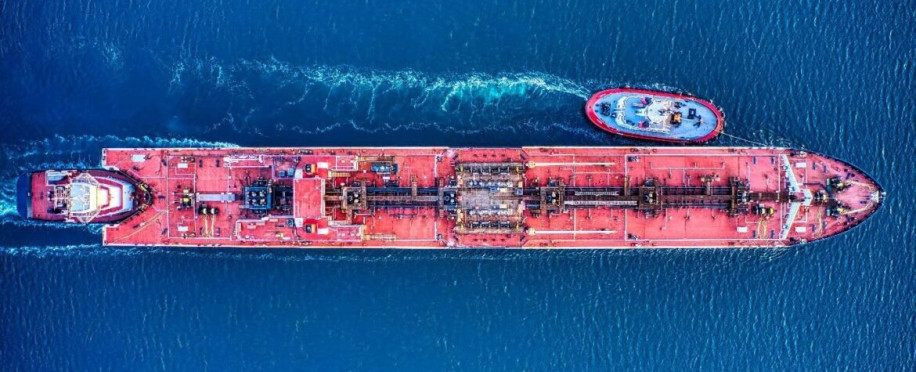Copyright © 2026 lmitac.com All Rights Reserved. Contact - Terms and Conditions - Privacy Policy - Quality Policy - Become an instructor - Vacancies - Sitemap
London Maritime Academy is a trade name for London Premier Groupversion: 2.9.0
London Maritime Academy is a trade name for London Premier Group

Posted on : 11/20/2023, 5:28:00 AM
Last Update : 4/1/2024, 2:50:36 PM
The maritime decarbonisation process is vital in reducing global carbon and GHG emissions.
Moreover, the maritime industry controls most of the international transportation sector with all daily shipping. Thus, naval decarbonisation is required and necessary.
Today, we will talk about the maritime decarbonisation concept, the fundamental pillars of maritime decarbonisation, and the cited attached benefits.
The term maritime decarbonisation refers to the strategic strategy of reducing the usage of fossil fuels in all marine processes, including shipping and transportation. Moreover, replace fossil fuels with clean and green energy.
All these international maritime efforts are guided by the International Maritime Organisation (IMO) to reduce CO2 emissions by at least 50% in the year 2050 compared to 2008 CO2 emissions levels.
All and any professional maritime training courses highlight the importance of these decarbonisation processes as a cited technique to protect our environment from carbon emissions. At the same time, it provides a switchable energy source for the maritime industry.
Maritime decarbonisation is considered a significant and essential process that impacts the whole marine industry in one way or another; thus, it must rely on stable pillars to succeed.
More than that, these 5 main pillars are:
Implementing practical improvement steps to the maritime industry processes will help lower carbon emissions because all the used transportation, appliances, and AI technologies get the best out of the used fuels type.
This could and should be implemented on ships, port appliances, and other power-required operations.
Using wind, solar, and no-carbon fuels is essential in the maritime decarbonisation strategy.
The IMO plan includes increasing renewable energy sources to 90% by 2050. Moreover, renewable energy creation is characterised by low or no byproducts from the generation process.
Hydrogen fuel production is done through a very eco-friendly process with no harmful environmental impact.
Using this hydrogen fuel will reduce the carbon emissions from all the maritime industrial processes, including maritime shipping, uploading and unloading cargoes from ships, and all port operations.
Turning to low-emissions electricity instead of fossil fuels will reduce your maritime costs and reduce carbon and GHG emissions significantly.
This electrification could be empowered through on-site renewable energy sources, including wind and solar.
Carbon is captured, utilised, and stored to reduce its impact on the global and used in many development processes.
Moreover, carbon is essential in creating hydrogen fuel and reducing greenhouse gas emissions through decarbonisation efforts.
Running an effective maritime decarbonisation is more than necessary in the most significant shipping industry to avoid the economic impact of oil spills and benefit from these fantastic paybacks:

Help lower GHG emissions by turning to green energy sources as this emissions reduction is a basic IMO strategy and empowers the decarbonisation efforts on many levels.
Protect people's general health as the ports and terminals are part of the onshore communities; thus, any emissions or pollution will directly harm people's health.
Maritime decarbonisation has significantly increased job opportunities in ports due to all the new required tasks and modern technology.
The shipping-caused underwater noise impacts marine life badly, and using decarbonised techniques and machines will reduce these noises and help protect the marine environment.
Decarbonisation in maritime transport boosts renewable energy growth due to the availability of resources and the increase in demand.
Maritime decarbonisation is an essential step and sector in the IMO efforts; however, we cannot say it is a small and easy step.
Thus, you need to do your studies and train your teams to build a powerful and effective maritime decarbonisation strategy.